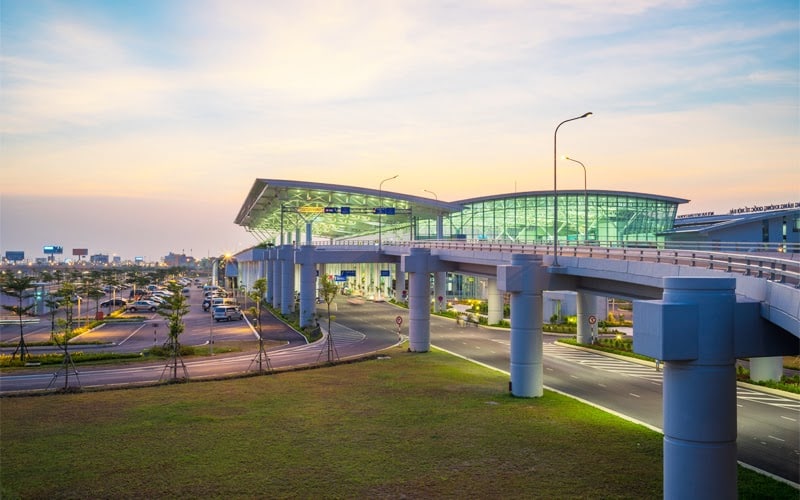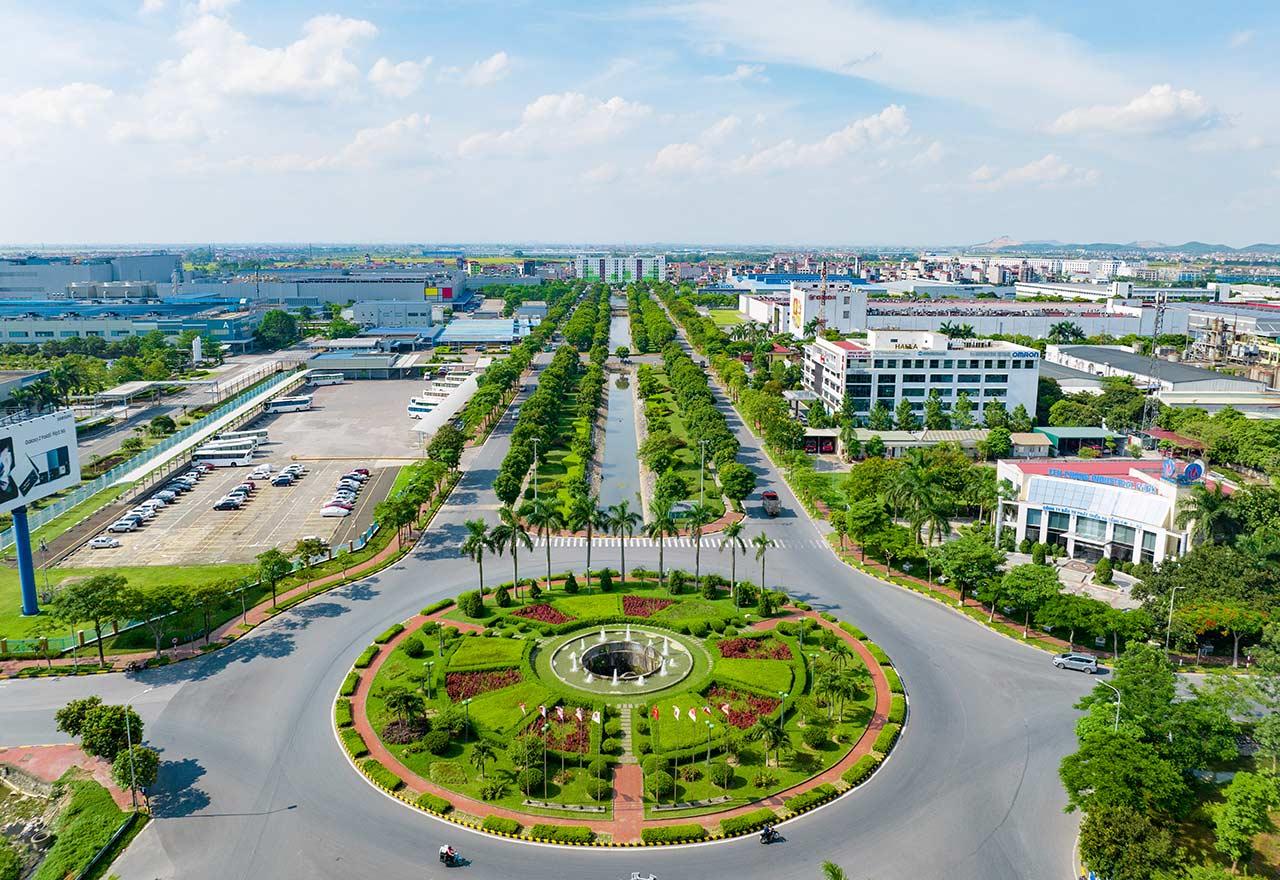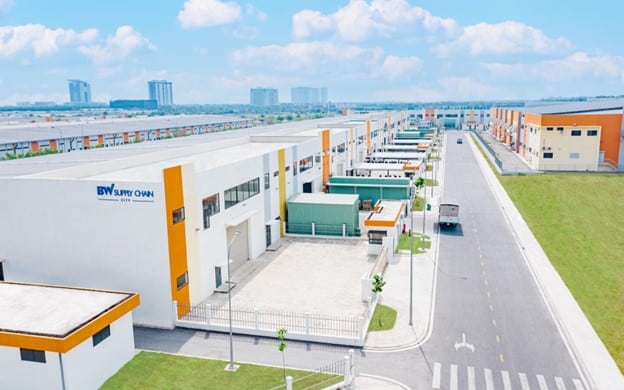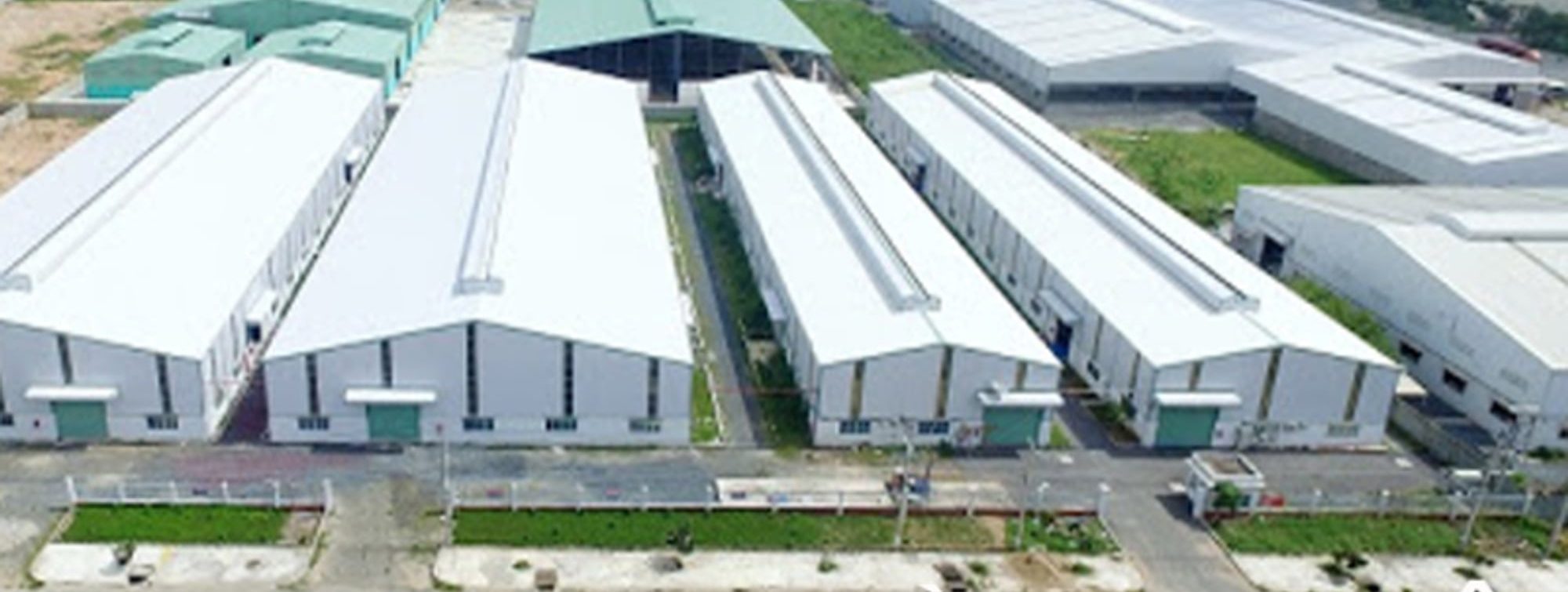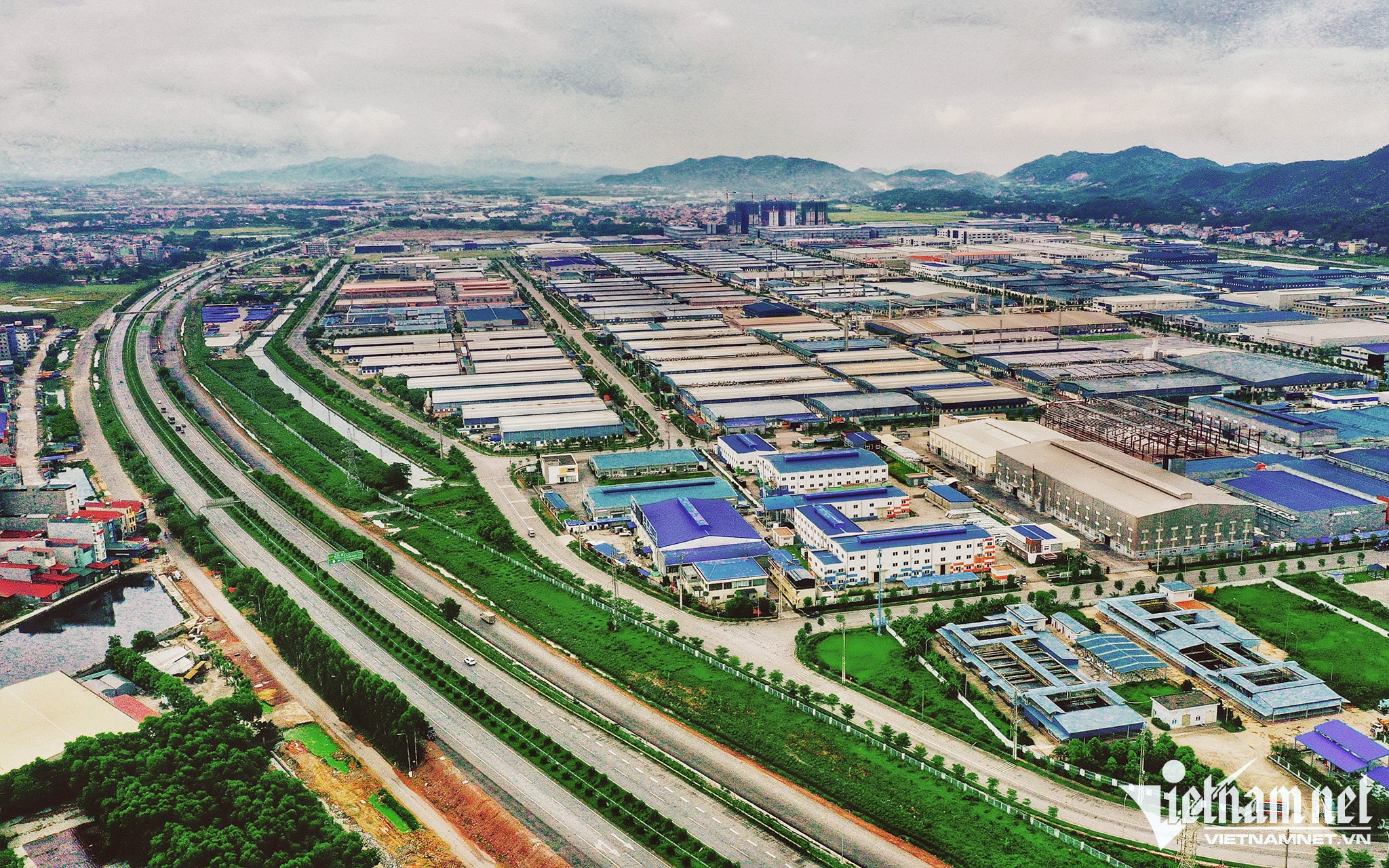As Vietnam continues to emerge as a key player in the global economy, businesses operating within its borders face a dynamic and ever-evolving regulatory landscape. The article “Navigating Vietnam Industrial Policy Landscape: Key Considerations for Businesses” explores the intricacies of Vietnam’s industrial policy framework and its implications for businesses operating in the country. Understanding Vietnam’s industrial policy is paramount for businesses seeking to thrive in this rapidly developing market.
By delving into key considerations and providing actionable insights, this article equips businesses with the knowledge and tools needed to navigate regulatory complexities, leverage opportunities, and drive sustainable growth in Vietnam’s dynamic business environment.
Key Regulations Impacting Businesses
Vietnam’s business landscape is shaped by a comprehensive regulatory framework that encompasses a range of laws, decrees, and regulations. For businesses operating in the industrial sector, it is imperative to comprehend the intricacies of these regulations. Key areas of focus include:
– Investment Regulations: The Law on Investment and the Law on Enterprises outline the procedures and requirements for business establishment, foreign investment, and the acquisition of investment licenses. Understanding these regulations is fundamental for companies entering or expanding within the Vietnamese market.
– Land Use Regulations: The Land Law in Vietnam governs the allocation and use of land, a critical factor for industrial activities. Regulations regarding land acquisition, land use rights, and land lease rates impact businesses’ ability to secure suitable locations for their operations.
– Environmental Protection: Vietnam has stringent regulations related to environmental protection, particularly for industries with potential environmental impacts. Compliance with laws such as the Law on Environmental Protection and specific regulations on waste management and emissions is essential for sustainable and responsible industrial practices.
Government Policies and Initiatives Supporting Industrial Development
The Vietnamese government has been proactive in implementing policies and initiatives to drive industrial development and economic growth. Businesses operating in the industrial sector can benefit from various support measures:
– Investment Incentives: The government offers a range of incentives to attract investment, including tax breaks, import duty exemptions, and preferential land lease rates. These incentives are often tailored to specific industries or geographical areas, encouraging businesses to invest strategically.
– Technology and Innovation Support: Recognizing the importance of technological advancement, the government has initiated programs to support technology adoption, innovation, and human resource development. This includes financial incentives and support for research and development activities within industrial sectors.
– Industrial Parks and Economic Zones: The establishment of industrial parks and economic zones is a key government strategy to facilitate industrial development. These zones provide businesses with ready-made infrastructure, services, and a conducive environment for efficient operations.

Understanding the regulatory environment and government policies is paramount for businesses seeking success in Vietnam’s industrial landscape. Navigating these regulations effectively allows businesses to ensure compliance, mitigate risks, and capitalize on the support measures in place, fostering sustainable growth and development.
Investment Opportunities in Vietnam’s Industrial Sectors
Vietnam’s industrial sectors offer a plethora of investment opportunities across various industries, driven by the country’s robust economic growth, favorable demographic trends, and government initiatives to promote industrial development. Some key sectors presenting significant investment opportunities include manufacturing, electronics, renewable energy, infrastructure, and logistics.
Manufacturing
Vietnam’s manufacturing sector has been a major driver of economic growth, fueled by rising labor productivity, competitive labor costs, and a strategic location that facilitates access to global markets. Opportunities abound in industries such as textiles and garments, electronics, automotive, and machinery manufacturing, with Vietnam emerging as a preferred destination for manufacturing outsourcing and relocation from other countries.
Electronics
Vietnam has positioned itself as a key player in the global electronics manufacturing supply chain, attracting significant investment from multinational corporations. Opportunities exist for investment in electronics manufacturing facilities, particularly in the production of smartphones, consumer electronics, semiconductors, and electronic components.
Renewable Energy
With a growing demand for clean and sustainable energy sources, Vietnam presents lucrative opportunities for investment in renewable energy projects. The government has implemented policies and incentives to promote renewable energy development, including feed-in tariffs, tax incentives, and preferential loans for renewable energy projects such as solar, wind, and hydroelectric power.
Infrastructure
Vietnam’s rapid urbanization and industrialization require substantial investments in infrastructure development to support economic growth and enhance connectivity. Opportunities exist in sectors such as transportation infrastructure (roads, railways, ports, airports), energy infrastructure (power plants, transmission lines), and urban infrastructure (residential and commercial developments, industrial parks).
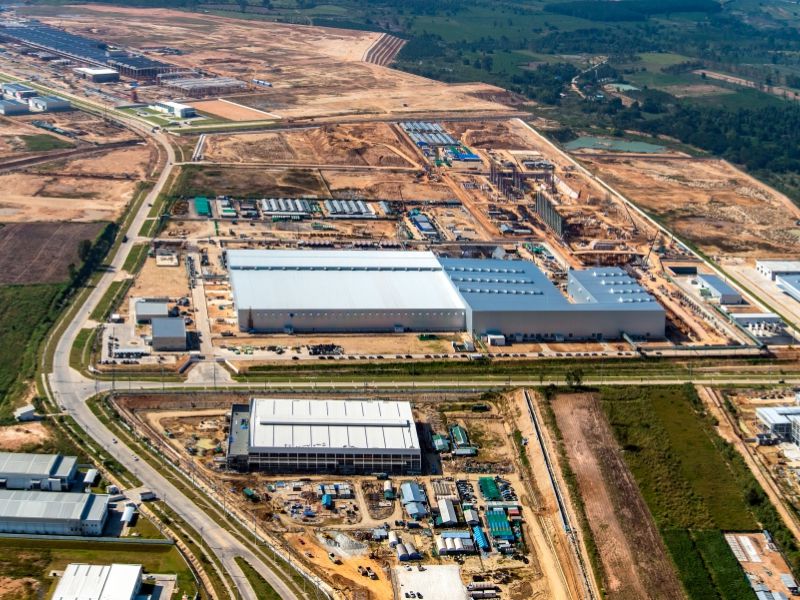
Logistics
Vietnam’s booming e-commerce market and expanding manufacturing base have fueled demand for logistics services, creating investment opportunities in warehousing, distribution, transportation, and supply chain management. The government’s efforts to improve logistics infrastructure and streamline customs procedures further enhance the attractiveness of this sector for investment.
Challenges and Considerations for Businesses Entering the Market
Despite the abundant investment opportunities, businesses entering Vietnam’s industrial sectors face various challenges and considerations that require careful assessment and strategic planning.
Regulatory Environment
Navigating Vietnam’s regulatory environment can be complex, with bureaucratic hurdles, licensing requirements, and regulatory compliance issues posing challenges for businesses. Understanding and complying with local laws and regulations, including labor, taxation, and environmental regulations, is essential for successful market entry and operation.
Infrastructure Constraints
While Vietnam has made significant investments in infrastructure development, challenges such as inadequate transportation networks, congested ports, and limited energy supply remain. Businesses entering the market need to assess infrastructure constraints and consider investing in infrastructure development or alternative solutions to mitigate operational risks.
Human Resources
Vietnam’s labor market offers a young and increasingly skilled workforce at competitive wage rates. However, challenges such as skills shortages, language barriers, and cultural differences may impact talent acquisition and management for businesses entering the market. Investing in talent development, training, and localization strategies can help address these challenges.
Market Competition
Vietnam’s industrial sectors are highly competitive, with both domestic and international players vying for market share. Businesses entering the market need to conduct thorough market research and competitive analysis to identify niche opportunities, differentiate their offerings, and develop effective market entry strategies.
Economic and Political Risks
Like any emerging market, Vietnam is subject to economic and political risks, including currency fluctuations, policy changes, and geopolitical tensions. Businesses entering the market need to assess and mitigate these risks through risk management strategies, diversification of operations, and contingency planning.
Conclusion
As businesses navigate the complexities of Vietnam’s industrial policy landscape, partnering with a trusted advisor can provide invaluable support and guidance. Savills Industrial offers expert insights, strategic advisory services, and market intelligence tailored to Vietnam’s industrial sector. Whether navigating regulatory complexities, assessing investment opportunities, or mitigating risks, Savills Industrial is committed to helping businesses thrive in Vietnam’s dynamic business environment.
Take action today and partner with Savills Industrial to unlock opportunities, mitigate risks, and drive success in Vietnam’s industrial sector. Contact us now to explore how we can support your business goals and navigate the evolving landscape together.




